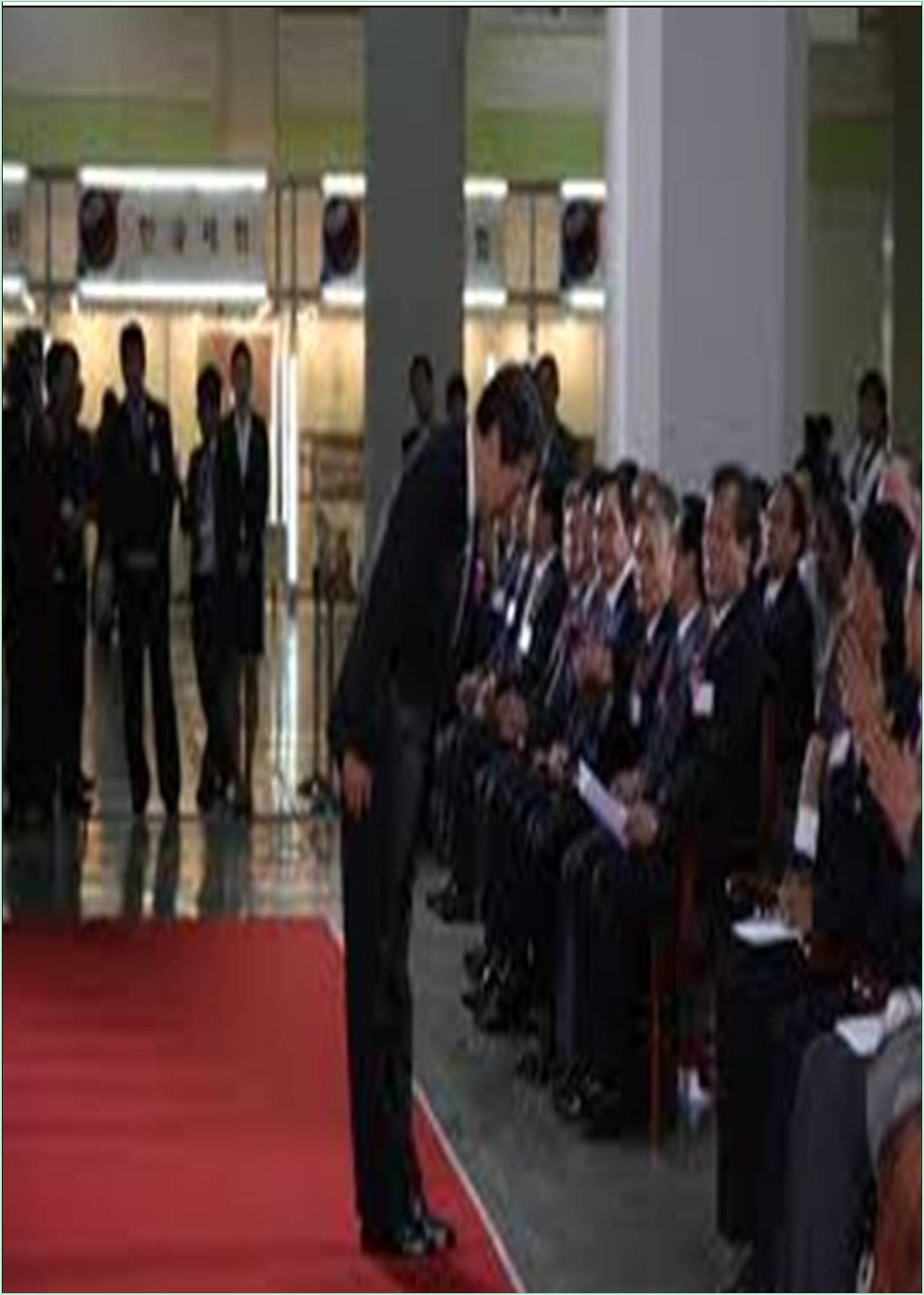



Received: 24-Aug-2022, Manuscript No. JPAPR-22-72841; Editor assigned: 26-Aug-2022, Pre QC No. JPAPR-22-72841 (PQ); Reviewed: 09-Sep-2022, QC No. JPAPR-22-72841; Revised: 10-Jan-2023, Manuscript No. JPAPR-22-72841 (R); Published: 17-Jan-2023, DOI: 10.15651/JPAPR.23.1.012
Throughout history, the use of force has been accompanied by the dissemination of a set of ideas. External imposition of democracy into regions, countries, and sectors of the world other than the United States is nothing new, and it is still prevalent in US foreign policy today. "The United States administration and military have been involved in nation building and promoting democracy since the middle of the nineteenth century and 'manifest destiny,'" writes Von Hippel. According to Pei and Kasper, the United States has used its armed forces abroad on more than 200 occasions; while Bueno de Mesquita and Downs note that the United States intervened in developing countries more than 35 times between World War II and present in one democratic establishment.
Support for various military interventions has been bolstered by the belief that democracy is, in fact, the best way to govern. This belief supports the United States ability to cooperate peacefully with other countries. According to Lynn-Jones, one of the primary foreign policy objectives of the United States should be democracy abroad. People will live better lives as a result of the implementation of democracy, as they will have greater individual liberty, political stability, and freedom from government violence, as well as a higher quality of life and a lower risk of famine. According to Lynn Jones, there are six reasons to spread democracy, including, but not limited to:
• Democracies will not go to war with the US.
• Democracies will not support terrorism against the US.
• Democracies will produce fewer refugees.
• Democracies will form alliances with the United States.
• American ideals thrive when others adopt them.
• Democracies are better economic partners.
The use of representatives of the people is something that unites modern democratic systems while also distinguishing them from the ancient model. Modern democracies use elections to select representatives who are sent by the people to govern on their behalf, rather than directly participating in law making. A system like this is known as “representative democracy”. It can claim to be "democratic" to some extent because it is based on the two principles stated above:
• Equality of all (one person-one vote).
• The right of every individual to some degree of personal autonomy.
In historical terms, we are currently living in the "golden age of democracy." Following an explosion in the number of democracies between 1990 and 1995, we now live in a world with more democratic regimes than ever before. By the late 1990’s, there were over 120 democratic countries, and the majority of the world's population was living under democratic rule for the first time in history. Democracy has many aspects, such as political, economic, and social, but it has been demonstrated that long term practice of political democracy leads to social and economic democracy. According to John Dunn, democracy is a word, an idea, and there are several manifest and latent practices associated with that idea and word. He also believes that democracy is linked not only to liberalism and freedom, but also to human rights and economic prosperity. Georg Sorensen also points out that assessing the success or failure of democracy in a country requires an examination of its economic, social, and institutional conditions. In Western democratic norms, free and fair elections are emphasized, as are press freedom, equality before the law, free speech and assembly, the right to choose one's job, and, most importantly, the right to oppose the government. The western concept of democracy assumes that the people are the best judges of their own interests and must thus be allowed to express their opinions freely.